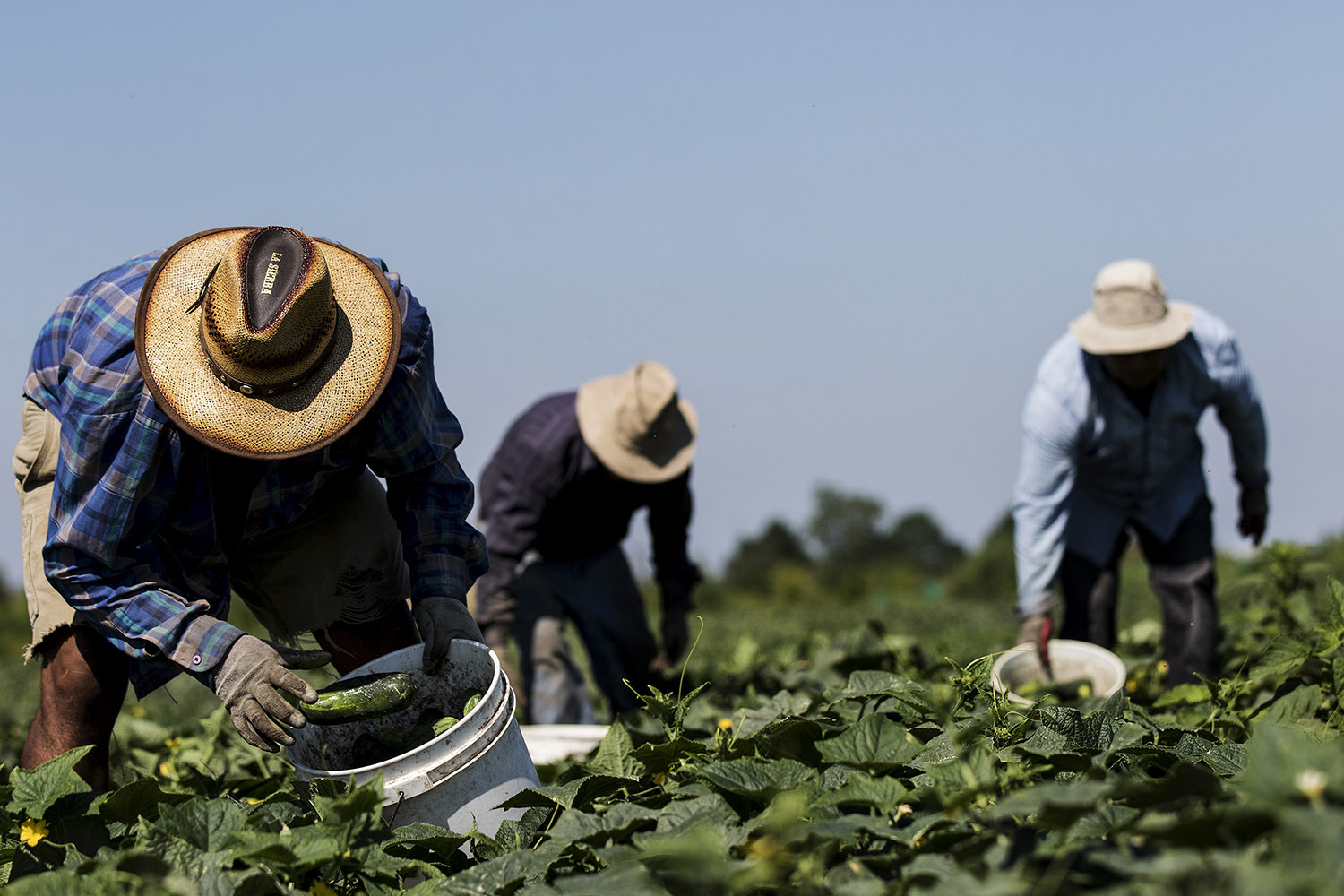Juana Tejada, caregiver, activist (born 27 June 1969 in Abra, Philippines; died 8 March 2009 in Toronto, ON). Juana Tejada became the inspiration for a grassroots campaign that pushed for reforms to the federal Live-in Caregiver Program (LCP). (See Domestic Service (Caregiving) in Canada.) The amendment to the LCP is known as the “Juana Tejada Law.” (See also Immigration Policy in Canada.)
Early Life
Juana Belo Tejada was born and raised in the province of Abra in northern Philippines. (See also Filipino Canadians.) Both her father, Benjamin, and mother, Carmen Tejada, were farmers. She was the fifth child among nine siblings. She completed her college education with a teaching degree. However, she went abroad to pursue a better-paying job. In 1995, she was employed as a domestic helper in Hong Kong. After eight years of overseas contract work, she returned to the Philippines. She stayed there briefly before leaving to work in Canada. (See Canada’s Temporary Foreign Worker Programs; Immigration Policy in Canada.) Canada.)
Life in Canada
Juana Tejada arrived in Alberta in March 2003. She immigrated under the Live-in Caregiver Program. The program encouraged foreign domestic workers to come to Canada as eldercare, special needs and childcare providers. Caregivers were required to pass a medical examination before coming to Canada. After working for at least two years, these workers could be granted permanent resident status. (See Canada’s Temporary Foreign Worker Programs.) She worked as a nanny to two sets of twins. She would send remittance (money) to the Philippines to help her parents, six siblings and husband back home.
After finishing her 24-month work contract, Tejada submitted her application for permanent residency. Citizenship and Immigration Canada (CIC) found Tejada eligible and granted her an open work permit. However, to get her permanent resident status, she was required to undergo another medical exam. (See also Immigration Policy in Canada.)
Immigration Issues
In 2006, Juana Tejada’s application was denied by an Alberta immigration officer. Her second medical exam found that she had a severe form of cancer. Her access to provincial health insurance was immediately ended. (See Health Policy.) CIC stated that she was medically inadmissible for permanent residency. She was also given 60 days to appeal, before a final decision would be issued.
Tejada moved in with her cousin in Toronto. She decided to delay her cancer treatment for months because she was not covered by public health care. She continued to work as a caregiver for two families. She had to raise enough funds to pay for her medical treatment. Immigration advocates, church groups and community leaders helped her with financial support. Starting in February 2007, she underwent CT scans and biopsies. In March, temporary relief came when the government of Ontario reinstated Tejada’s health coverage until August 2007.
Appeal and Advocacy
Juana Tejada challenged the previous CIC decisions. She made an appeal through her lawyer. She sent a letter on 11 December 2007. The letter requested that the Canadian government make an exemption in her case on humanitarian and compassionate grounds. Community groups, such as migrant rights organization Migrante also backed her up. In April 2008, CIC once again denied her application. According to the ruling, her health condition “might reasonably be expected to cause excessive demand on health and social services.” A month later, CIC acknowledged a procedural error on their part and reopened Tejada’s case. (See also Immigration Policy in Canada.)
Tejada continued to advocate for changes to the LCP. (See Canada’s Temporary Foreign Worker Programs.) On 11 June 2008, community groups launched a grassroots campaign in her name. In public speeches, Tejada called on other caregivers with health issues like hers to come out and seek support. Later that day, she received a call from CIC with an unexpected decision. Her work permit was extended until the last month of the year. Her husband, who had a visitor visa to care for her, was also granted a work permit. A day before her birthday that month, her lawyer also provided an update. She finally won a reprieve from Canadian immigration authorities. Her health insurance would cover her medical expenses from the time her Ontario health insurance expired in August 2007. (See Health Policy.) By July, CIC provided a formal decision in a letter. They exempted her from the medical requirements and finally granted her permanent residency. Meanwhile, Tejada underwent chemotherapy treatment for her cancer.
On 8 March 2009, International Women's Day, Tejada died at the Toronto General Hospital. She was 39 years old. Her remains were flown back to the Philippines and buried in her hometown. (See also Funeral Practices in Canada.)
Legacy

The case of Juana Tejada sparked media interest and considerable public support for her. Various Filipino groups formed the Justice for Juana Tejada Coalition. Petitions were created to support her. Several unions and public organizations also joined the cause.
Juana Tejada was hailed as a migrant heroine. The group Migrante International called her a “female OFW (Overseas Filipino Worker) par excellence.” She inspired the creation of organized live-in caregiver groups. Her case led to the formation of the Independent Workers Association - Home Worker Section (IWA) as an affiliate of the United Steelworkers Union. The IWA would later develop as the Independent Women Workers Association (iWWorkers) and became part of Migrante. Tejada was notably a founding member of iWWorkers.
Known as the “Juana Tejada Law,” an amendment to the Immigration and Refugee Protection Act passed in April 2010. (See also Immigration Policy in Canada.) Foreign caregivers would no longer need a second medical exam when applying for permanent residency — as long as they had worked long enough in Canada. Immigration minister Jason Kenney stated: “we honor the memory of Juana and Celia Mansibang and all the others who have been brave champions of their sisters, the Filipinas, and others in the caregiver Program.” (See Canada’s Temporary Foreign Worker Programs.)
The campaign’s success led to more discussions on other issues facing live-in caregivers. These include better working conditions and a more streamlined immigration program. As a result, several improvements were made to the program. Live-in caregivers were to be granted an open work permit after completing their required hours of work. This allowed them to take another job outside of domestic work. It also allowed workers to move out of their employer’s home while applying for permanent residency. In 2011, live-in caregivers were given up to four years to complete their two years of full-time work. Additionally, abusive employers would have their names and addresses posted on a government website. They would also be ineligible to hire foreign workers for two years. In 2014, the new Caregiver Program was established. The live-in requirement was eliminated. The government introduced two new pathways for childcare providers and caregivers of people with high medical needs.
Juana Tejada’s story was featured in a 90-minute episode of Maalaala Mo Kaya (“Would You Remember”). The show is one of the most popular TV dramas in the Philippines.
A lounge was named in her honour at the Our Lady of Assumption Church in Toronto. The space is operated by the Archdiocesan Filipino Catholic Mission. (See Catholicism in Canada.) The lounge offers community services, especially for caregivers.

 Share on Facebook
Share on Facebook Share on X
Share on X Share by Email
Share by Email Share on Google Classroom
Share on Google Classroom



